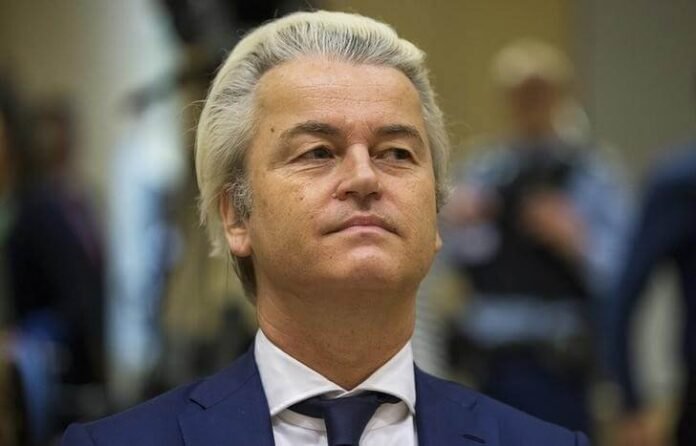With every political or social event affecting the Moroccan community in the Netherlands, tensions resurface, revealing the complexities of relationships between minorities and the Dutch government. In the context of pro-Palestinian demonstrations and riots linked to a football match between the Israeli Maccabi team and Ajax Amsterdam, accusations targeting the Moroccan community have intensified, fueling a heated public debate.
The statements of Geert Wilders, leader of the Party for Freedom, calling for the expulsion of pro-Palestinian migrants and labeling them as “destroyers of Jews,” highlight a systematic tendency to stigmatize minorities, particularly Moroccans and Muslims. These remarks come amidst a climate where freedom of expression is theoretically protected, yet hate speech appears to be gaining traction.
The events during the Maccabi-Ajax match, marked by racist slogans and assaults, placed the Moroccan community under scrutiny. Although some Maccabi supporters burned Palestinian flags, the media and political focus remained on the Moroccan community. These incidents allowed the far-right to escalate its hostile rhetoric, raising questions about the authorities’ responsibility in preventing the exploitation of such events to justify discriminatory policies.
Amid this crisis, the resignation of Nora Aşhabar, a State Secretary of Moroccan origin, in protest against what she described as racist remarks within the government, highlighted political tensions. This resignation, which nearly fractured the ruling coalition, also sparked questions about the position of minorities in the Dutch political system. The Prime Minister, a proponent of strict immigration policies, described the situation as an “integration problem,” a statement that provoked outrage from figures such as Sofyan Barqi, a municipal councilor, who responded: “If this is an integration problem, then I am part of it.”
Despite these challenges, the Moroccan community remains a significant force in the Dutch political, economic, and cultural landscape. Statistics show declining crime rates among Moroccan youth and improved educational outcomes, with more young Moroccans pursuing higher education. However, a report indicates that 50% of Muslims in the Netherlands experienced discrimination in 2023, a rate higher than the European average, underscoring the persistent barriers to full integration.
The key question remains: how can security measures be balanced with respect for minority rights? Are riots and demonstrations being used as pretexts to justify racist policies? How can moderate parties and the government counter the rise of hate speech? And what role can the Moroccan community play in strengthening its internal unity and effectively addressing these challenges?
The crisis facing Moroccans in the Netherlands goes beyond integration; it raises issues of social and political justice that require structural solutions. As hate speech continues to rise, the greatest challenge lies in reinforcing the community’s internal cohesion and working with legal and political institutions to achieve positive change. The path to progress lies in fostering intercultural dialogue, combating all forms of discrimination, and ensuring equitable social justice for all components of Dutch society.


